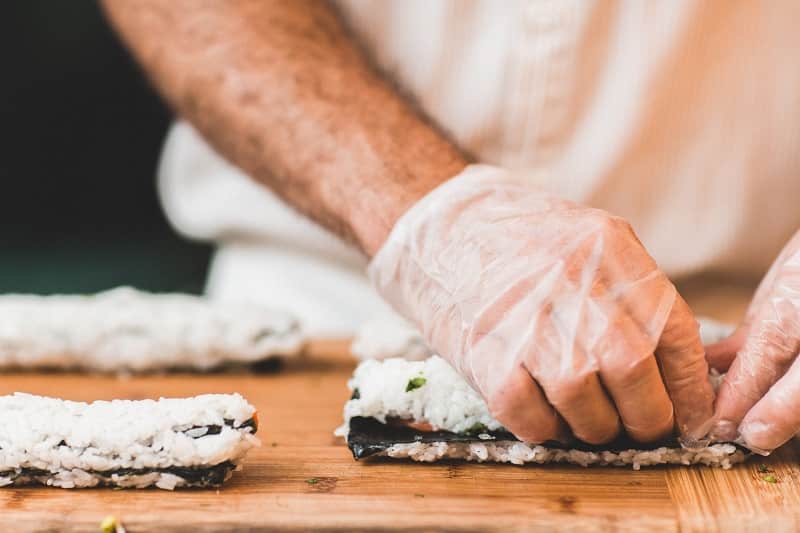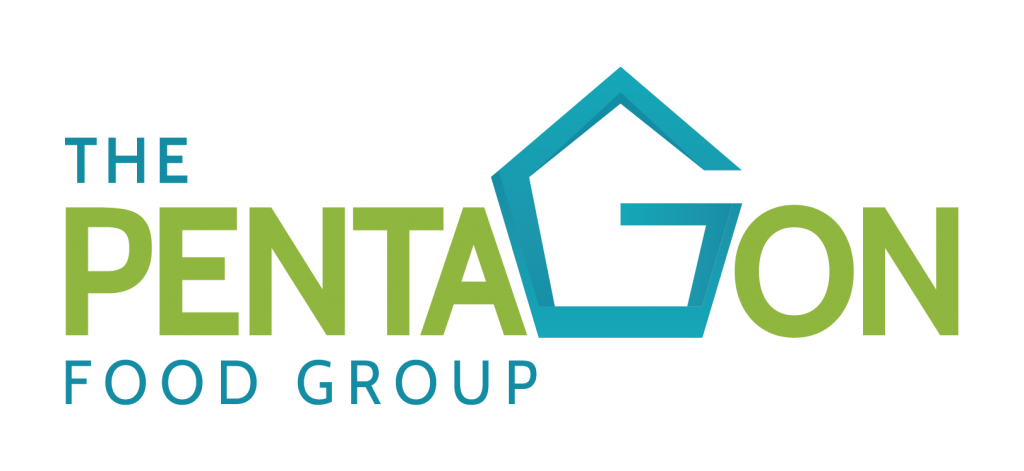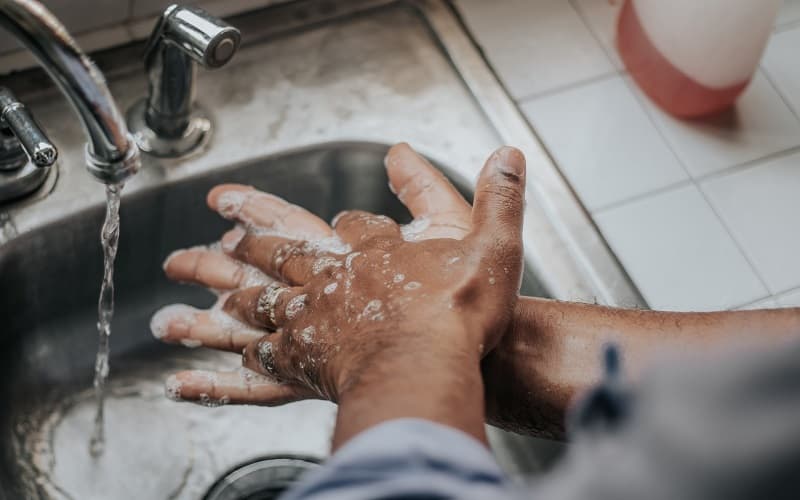What is Personal Hygiene?
Personal hygiene is a term used frequently in medical and public health settings. It involves keeping the outside of the body clean and groomed. Everyone should exercise good personal hygiene, not just to look beautiful, but also to avoid the spread of the disease.
The most fundamental method of personal hygiene is bathing or showering. Maximum people shower or bathe on a daily basis, however some do this only once or twice a week. Personal hygiene routines include wash hands after using the bathroom, caring for nails and hair, brushing teeth, and maintaining clothing.
Following are the examples of good personal hygiene:
- Taking a bath
- Flossing and brushing your teeth
- Using soap to wash hands
- Cleaning food before eating it
- Before and after making food, clean all cooking tools and prep spaces.
- Washing hands after using the restroom
- Not sharing personal objects such as dining utensils, glasses, toothbrushes, towels, or bedding while coughing or sneezing.
Personal Hygiene Requirements for Food Service Staff

All food service staff must always maintain a high level of personal hygiene and cleanliness.
They must maintain a high standard of personal hygiene. This includes dressing in neat, well-fitting, and appropriate clothing. Clean, neat hairs should be kept away from the face. It is necessary to have short, clean nails.
All injuries or wounds must be covered with a weatherproof dressing before starting work. Employees in the food service industry should not wear jewelry because it might harbor bacteria in hard-to-clean locations. It is not acceptable to smoke, eat, or drink while at work.
Employees in the food service industry must priorities personal cleanliness. Food contact surfaces and food must be free of germs brought in by the food supplier. Furthermore, bacteria from food service workers’ lungs, and also viruses from their clothing, skin, hairs, and fingernails, may contaminate meals.
Working in food processing facilities necessitates maintaining a clean and hygienic environment at all times.
Personal hygiene standards must be adhered to by all employees in the food service industry. These conditions must be met in order for customers to receive food which is both hygienic and sanitary.
Personal Hygiene Standards

Employees in the food service industry must follow a range of hygiene standards. To keep them and our guests safe, food service employees must adhere to certain personal hygiene guidelines.
- Personal hygiene items and clothing must be kept separate from the meals.
- Food service employees must wash their hands for at least 20 seconds before handling food.
- After handling the dogs or pets, they should wash their hands.
- Employees should avoid wearing too much perfume or cologne because the aroma might infiltrate food and alter the flavor.
- Hair should be pinned up or covered with a hat, and there should be no loose hairs hanging about a worker’s face.
- Due to the heightened danger of contamination, workers should not eat on the job.
- As it can be unsafe around machinery and equipment, jewelry is frequently prohibited on the job.
- Food service employees must wear their uniform throughout all times when on duty, including caps if management requires it.
- Staff members should never put their hands close to their mouths in the kitchen.
- Smoking is prohibited in the kitchen and anywhere else where food is produced or stored.
- No drinking or eating is permitted in the food preparation area.
- In the place where food is prepared, coughing, sneezing, and smoking are strictly prohibited.
- All employees must wash their hands during both before & after using the restroom.
- After touching rubbish or chemicals, employees must wash their hands
- Employees must wear gloves when handling ready-to-eat items such as vegetables, raw meats, and seafood. they should wash their hands.
- Gloves are not re-usable.
- Their nails should be trimmed short and spotless at all times.
- During work hours, they must only use certified hand creams to moisturize their hands. Hand lotions are not allowed to be scented.
- Employees must not smoke at any moment while in uniforms or on duty
- When working in the restaurant’s customer areas, they may only wear a basic wedding band without stones.
- Staff should cover cuts with plasters before beginning work duties.
- Staff members with wound infection or blisters, boils, infected eyes, or skin irritation are not allowed to handle food unless a physician certifies that they are free of these conditions.
- If the sickness is identified as being caused by anything other than a contagious disease transmissible, food handlers must not come back to work until they’ve been free of sickness for 24 hours or even have acquired a clearance from a doctor to return to work.
After eating a staff meal, what must you do?
The staff must wash their hands after and before the meal. Washing your hands needs more than just giving them a short rinse under the sink. Properly wash your hands, fingers, and nails using soap and hot water. Use tissue or paper towels to dry your hands because they can be thrown away so bacteria can’t spread. Staff should rinse after and before eating food. It’s a simple and premium solution to increase your oral health. If you want to protect your enamel. Rinsing with water after eating is preferable to immediately brushing. They must clean their food utensils and area of eating.
Conclusion
Overall, personal hygiene is an important factor to consider when looking for a job in the food service industry. If you take the time to maintain your personal cleanliness and good health, you can easily earn much more respect from your supervisors and coworkers than if you go about smelling bad or being unkempt. So the next time you’re looking for a job in food service, remember that you have an opportunity to add value to your workplace through your personal efforts.
The first step towards ensuring that your food establishment is equipped to meet health standard is training. Ensure that all food handlers have received training in basic personal hygiene and sanitation, most notably hand washing, using alcohol hand wash or soap and water, hair restraints (nets, headbands etc.) and safe nail length on hand food handlers. Food handlers must ensure that no equipment or work surfaces are contaminated.
Everyone should be aware of the proper hygiene standards and knowledge in food service. You should never be afraid to ask what’s considered sanitary, or whether they know anything specific about the business they’re working at. Hopefully this article helps you make better decisions on where to work, and what jobs to take, and how to keep your skills up to date.
Check also: Food Hygiene Requirements for Restaurants
Are you looking for a Free Consultation for Food Services Distribution? Contact Us!




